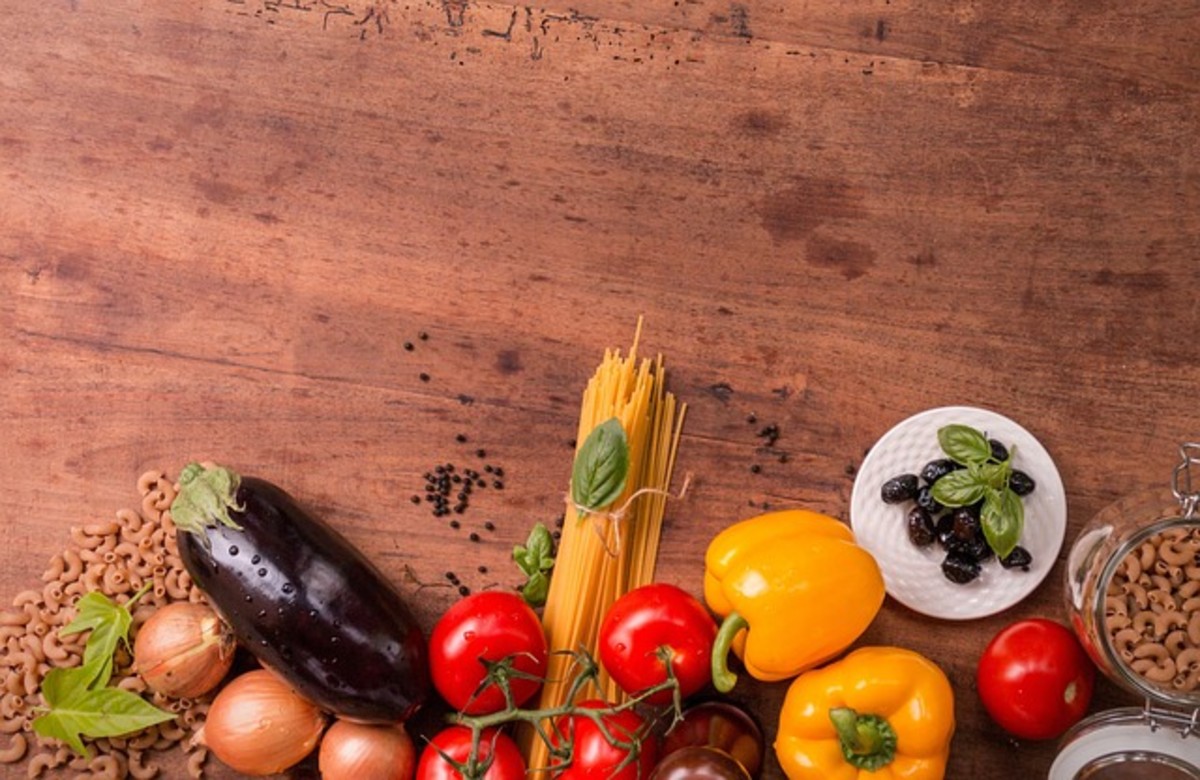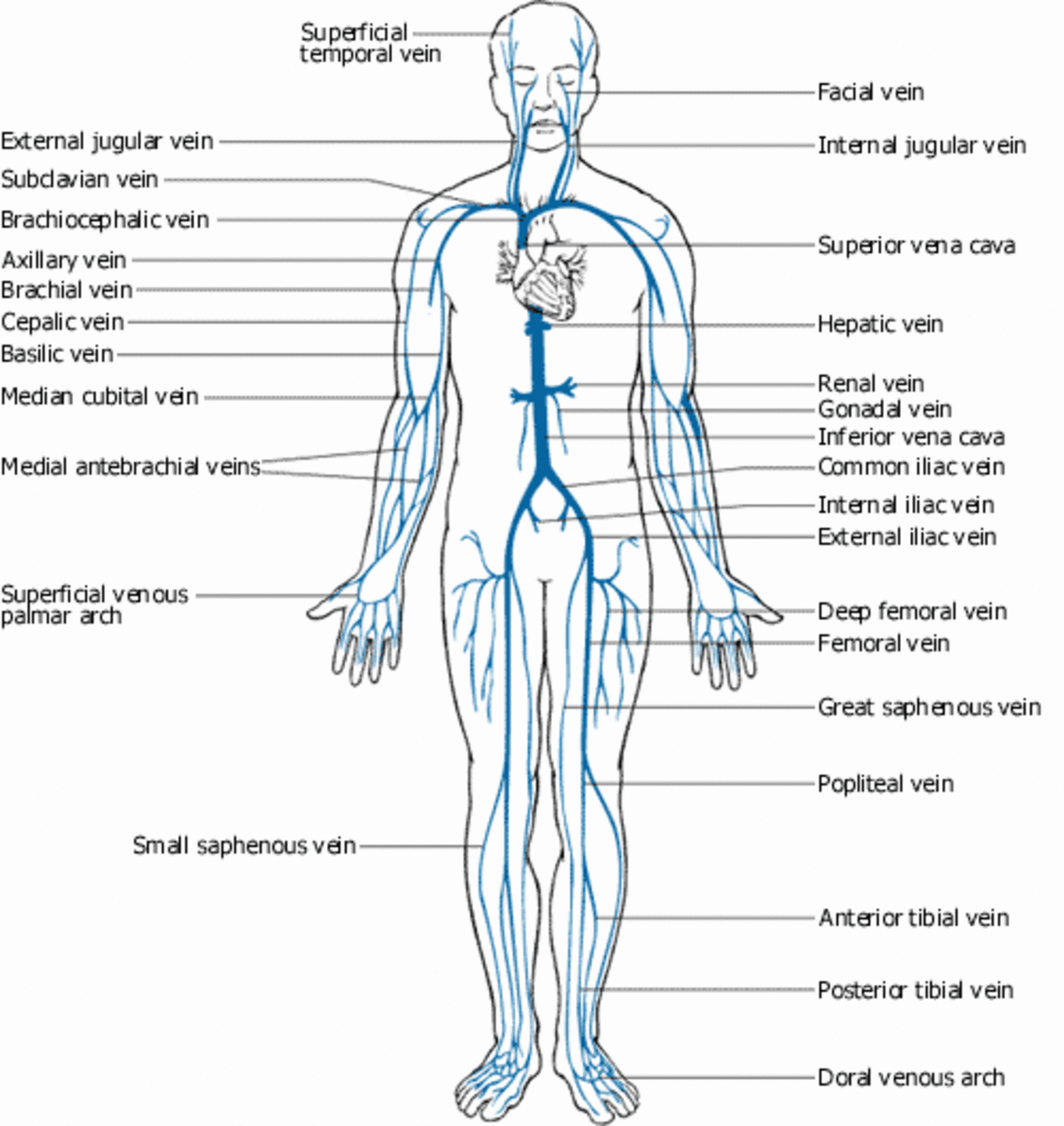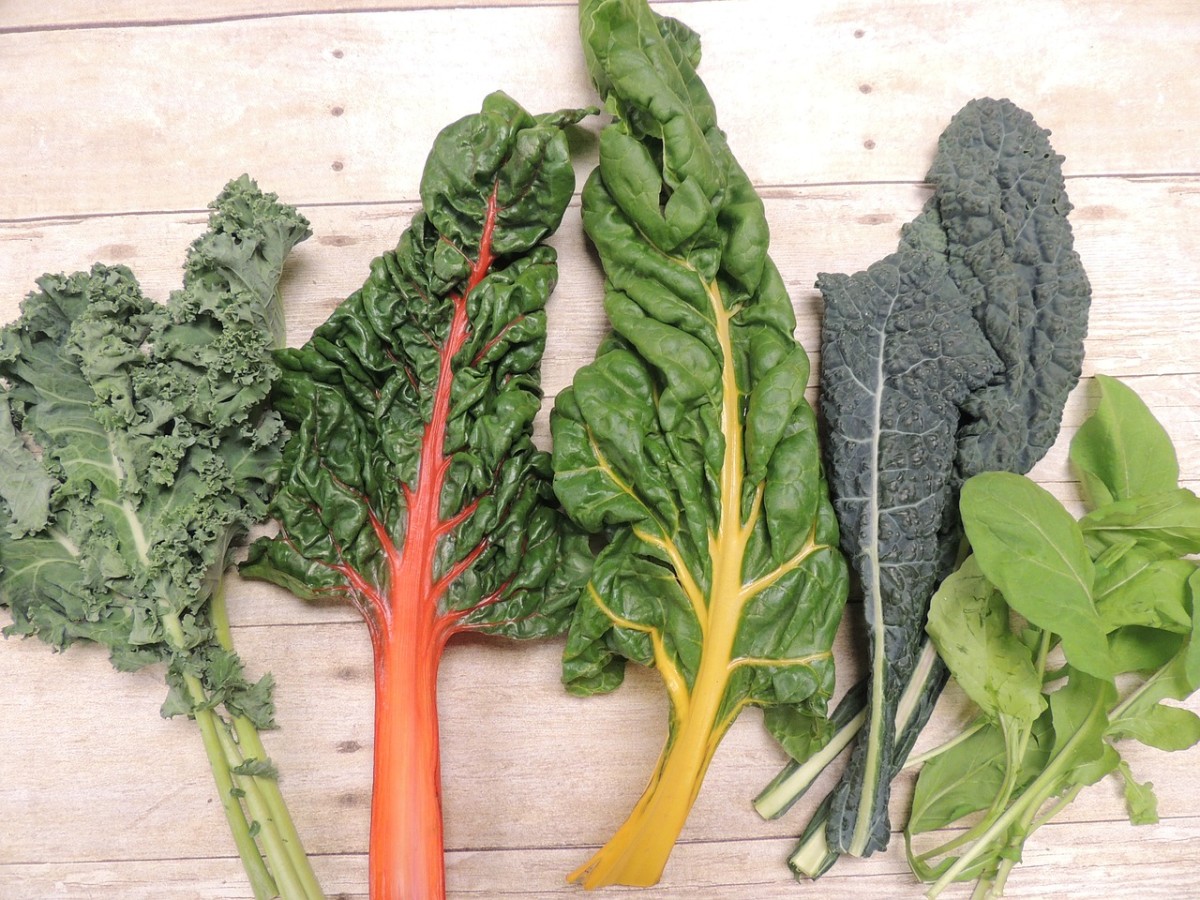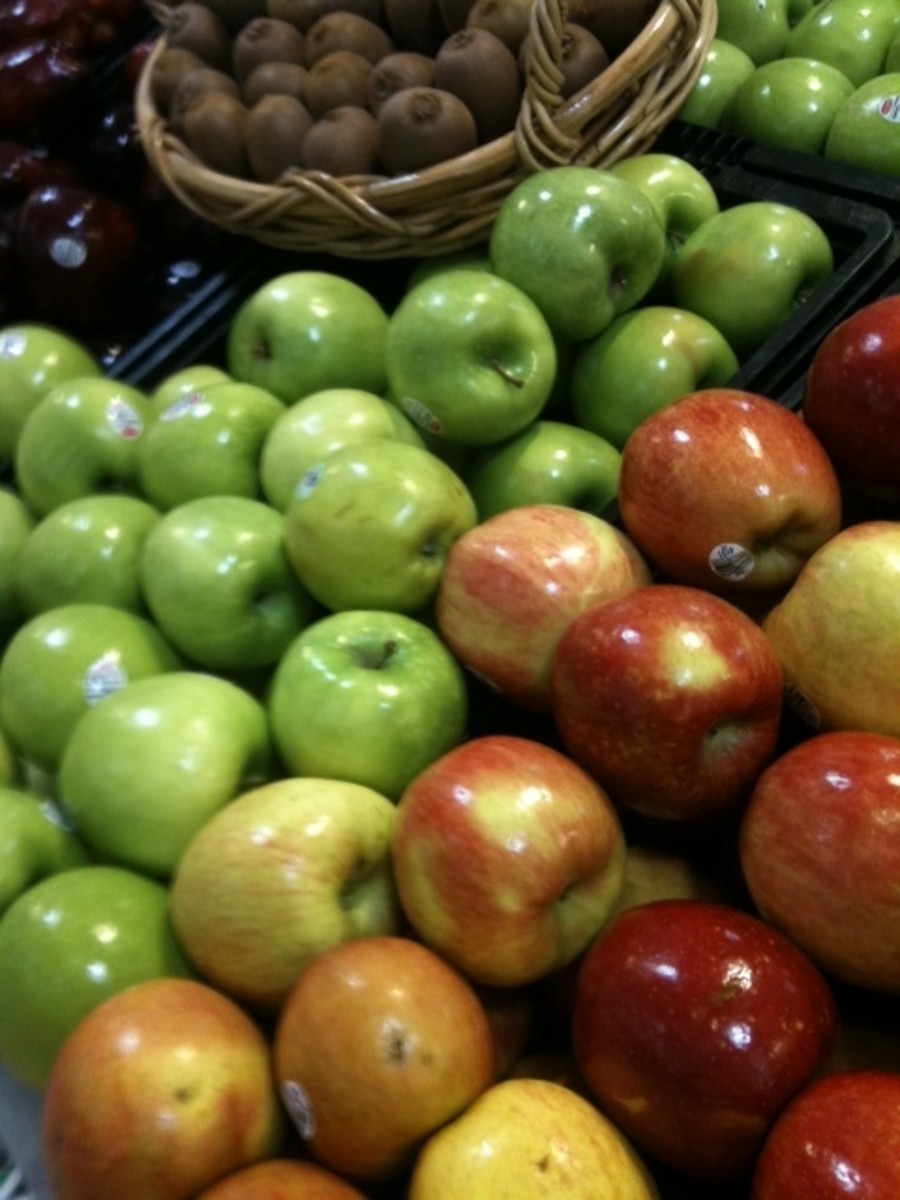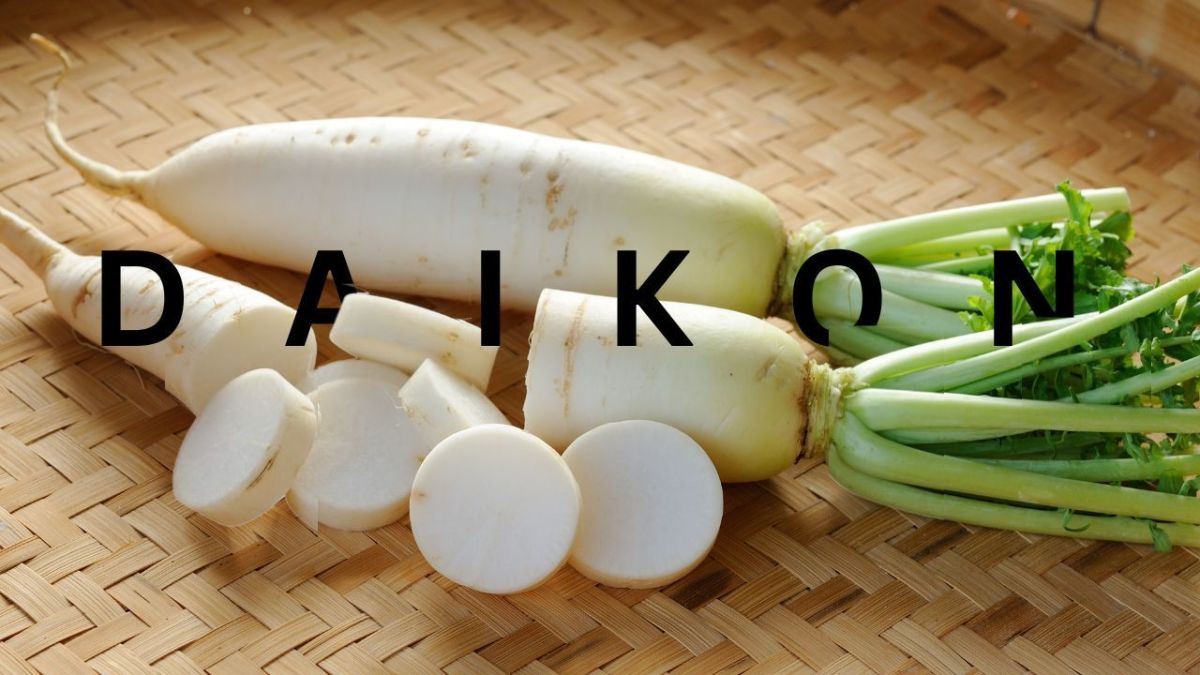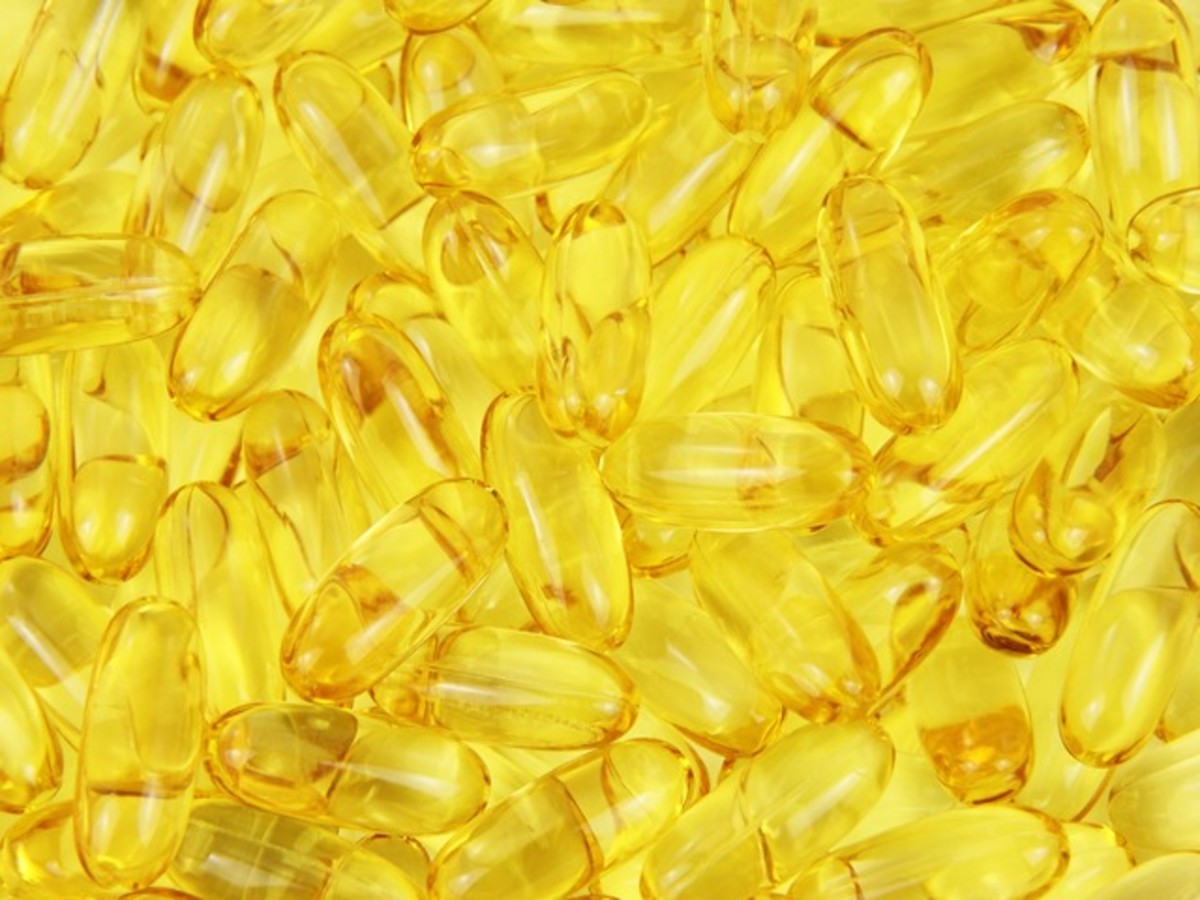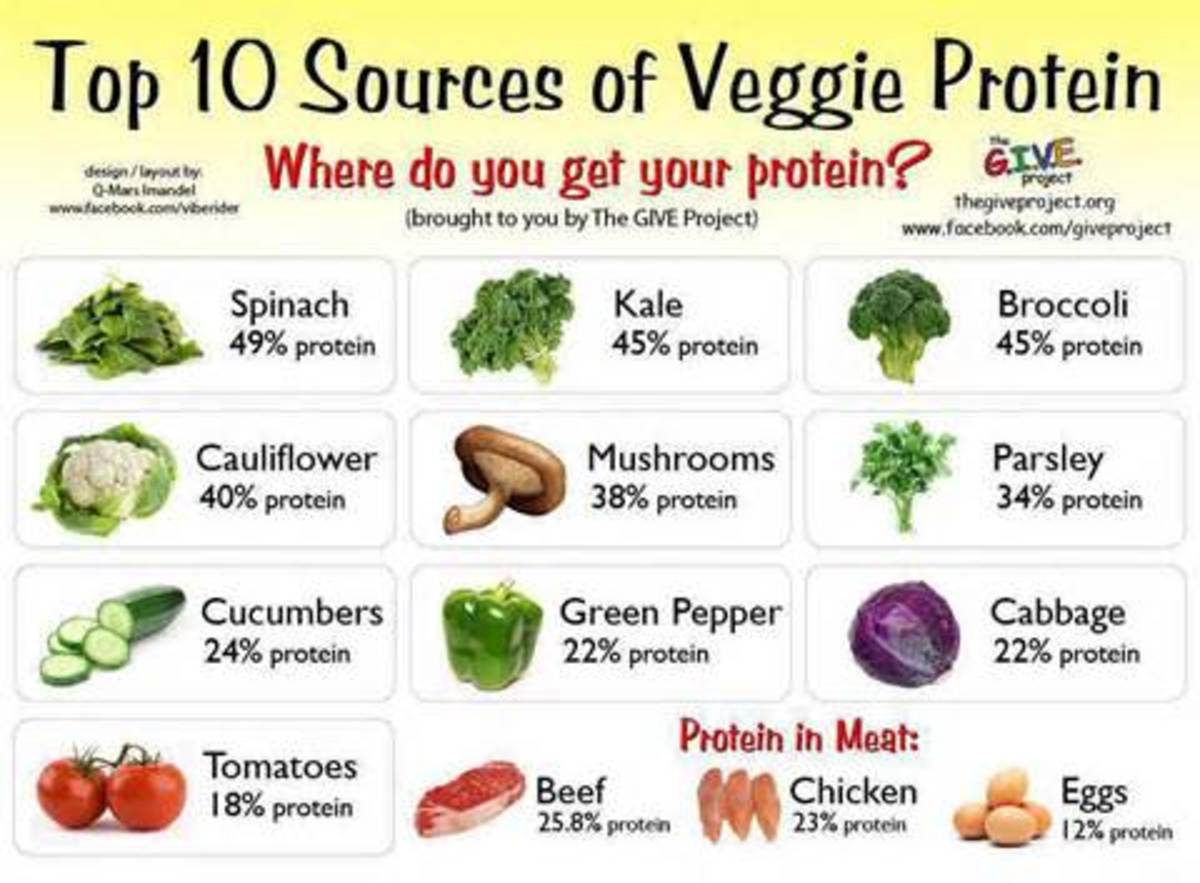The Amazing Healing Properties of Common Foods
Let Food Be Thy Medicine
According to the American Institute for Cancer Research (AICR), a plant-based diet consisting of vegetables, fruits, whole grains, and legumes can help detour stress and disease because of the protective nutrients and powerful antioxidants.
The American Heart Association says that diet is one of the best ways to fight cardiovascular disease. If you want to make health a top priority in your life, understanding the link between fighting disease and nutritious foods is key.
Fruits and Vegetables
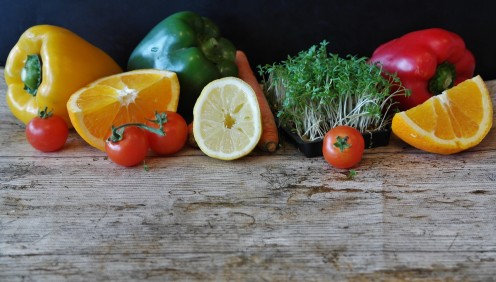
Dine on Fruits and Vegetables to Prevent Cancer
The pigment within fruits and vegetables, known as carotenoids, gives them their dark colors and helps prevent cancer.
- Cabbage, kale, turnips, cauliflower, and Brussels sprouts all contain flavones and indoles which have anti-cancer activities, thus healing the body of potentially harmful disease.
- Sweet potatoes have vitamin A and potassium, needed to promote a healthy nervous system and brain function.
- Broccoli has vitamins A, C, and K. Vitamin K is especially important for blood clotting and strong bones.
- Berries are full of antioxidants and high in vitamin C, both of which are needed to protect and repair cells from damage caused by free radicals.
According to the American Heart Association, all vegetables and fruits are high in vitamins, minerals, and nutrients which help you control your weight and lower your blood pressure. Consuming fresh or frozen, instead of canned, fruits and vegetables ensures the highest nutritional content.
Whole Grains
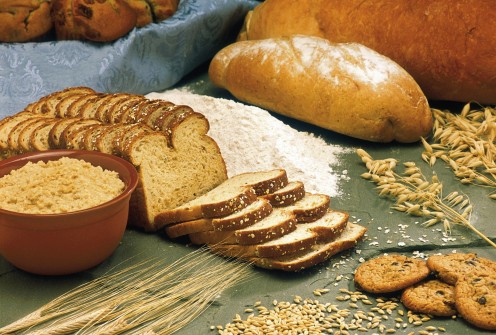
Consume Whole Grains for Fiber, Vitamins, Minerals, and Phytochemicals
Whole grains consist of all three parts of the grain: the endosperm, the bran, and the germ. Together these three can provide the fiber, vitamins, minerals, and phytochemicals that protect human cells from damage and help the body build healthy new cells.
Whole grains contain the following organic compounds:
- antioxidants
- phenols
- lignans
Whole grains are powerful for interrupting the pathways of cancer production and can bind harmful free radicals within the body, says the Linus Pauling Institute.
They are also full of B vitamins. B12 is especially important for keeping red blood cells healthy.
To promote health from the inside out, consider increasing your intake of:
- brown rice
- wild rice
- bulgur wheat
- oatmeal
- kasha
Fish

Eat Fish to Boost Omega-3s
Eating fish two times a week is recommended by the American Heart Association in order to increase the amount of omega-3 fatty acids in the diet. Omega-3s are polyunsaturated fats that make up part of the membrane in every cell in our bodies.
Our bodies need omega-3s but cannot make these essential fatty acids, we have to get them from our diet. DHA is a fatty acid that is highly concentrated in the brain and has a direct influence on brain development and function.
Recommended oily fish:
- salmon
- tuna
- mackerel
Contact Your Health Care Provider
If you have chronic health issues, take medications, or have questions about your health or your diet consult with your health care provider prior to making any changes to your diet.
Legumes and Nuts
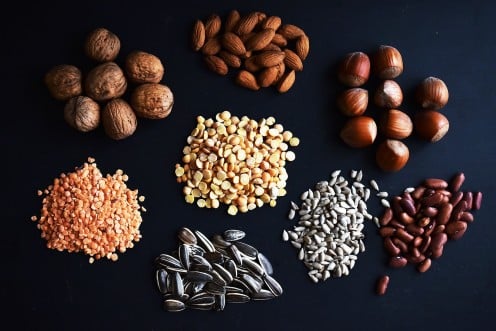
Enjoy Nuts and Legumes to Promote Cell Function
Nuts are full of omega-3s and phytonutrients. Phytonutrients are powerful, naturally occurring substances that promote cell function and tissue healing within the body. In fact, phytochemicals have the potential to block substances that we drink, eat or breath that cause cancer.
Almonds and walnuts are high-energy foods that are packed with vitamins and minerals. But don't forget cashews, they're high in calcium and magnesium. Stock up on pecans too, they're loaded with fiber.
Legumes are packed with protein and amino acids which are needed to build protein inside the body. Added benefits of eating legumes are their high fiber content, a necessary component for a healthy colon.
The best legumes you can eat are
- black beans
- black-eyed peas
- navy beans
- lentils
- kidney beans
What Did You Learn About the Health Benefits of Common Foods?
view quiz statisticsThis content is for informational purposes only and does not substitute for formal and individualized diagnosis, prognosis, treatment, prescription, and/or dietary advice from a licensed medical professional. Do not stop or alter your current course of treatment. If pregnant or nursing, consult with a qualified provider on an individual basis. Seek immediate help if you are experiencing a medical emergency.
© 2019 Julie Nyhus FNP-BC

